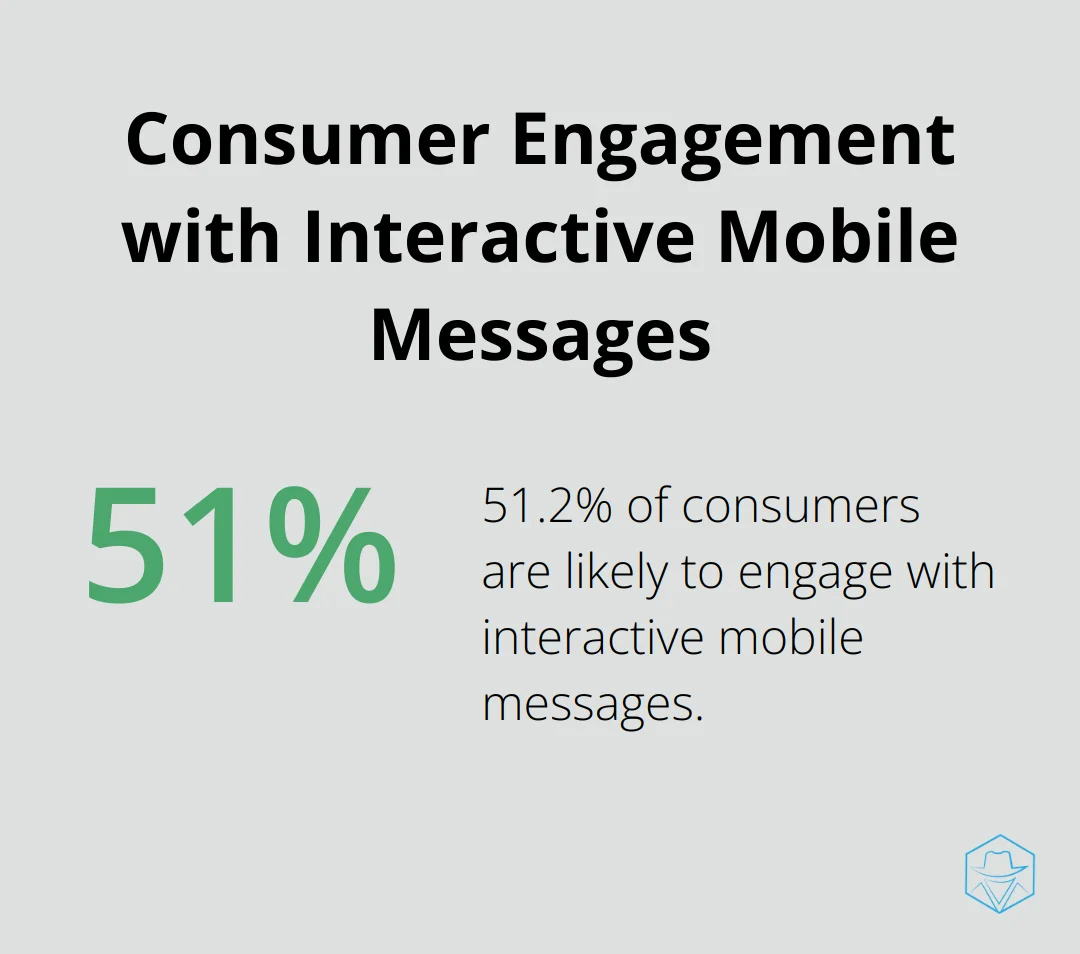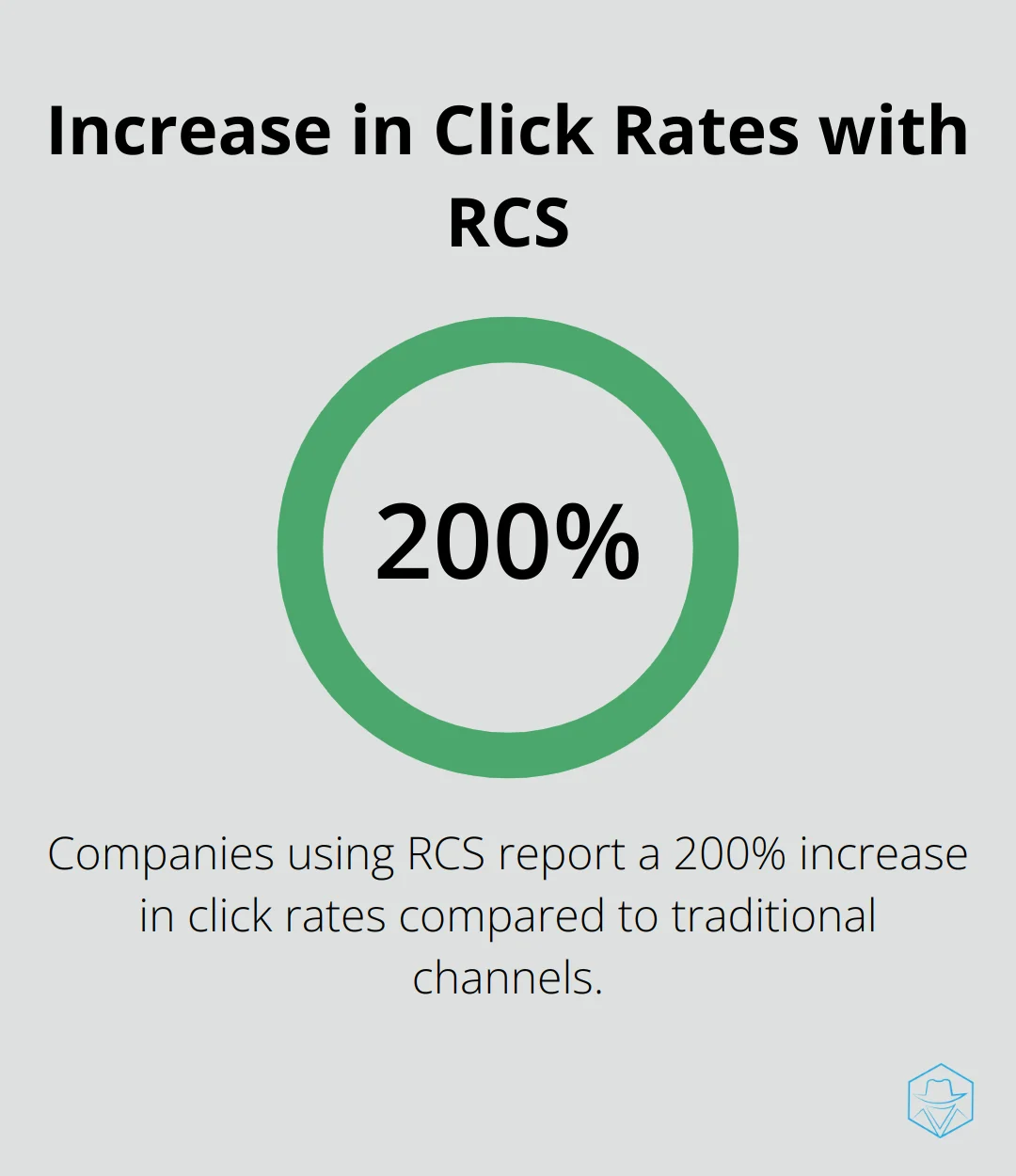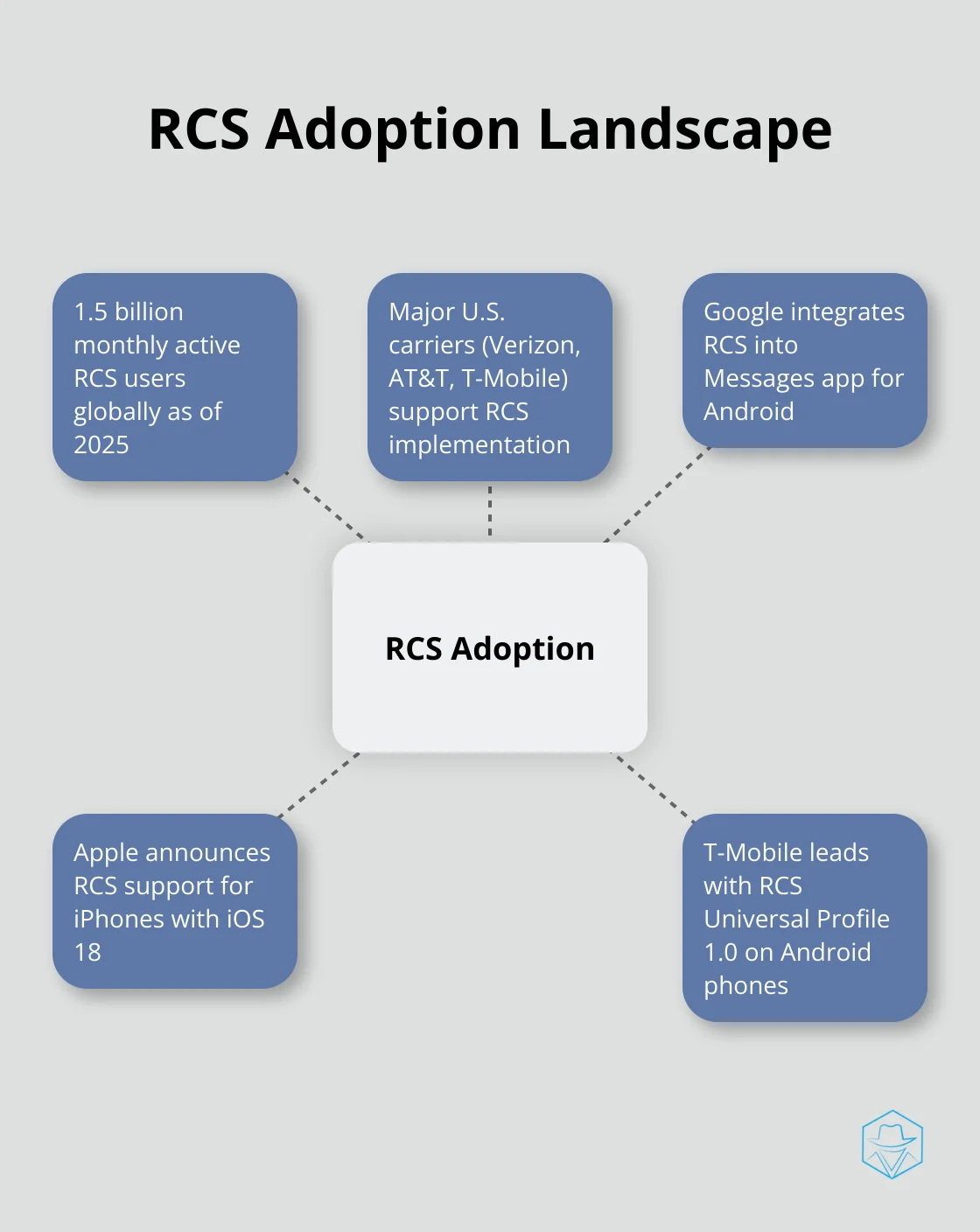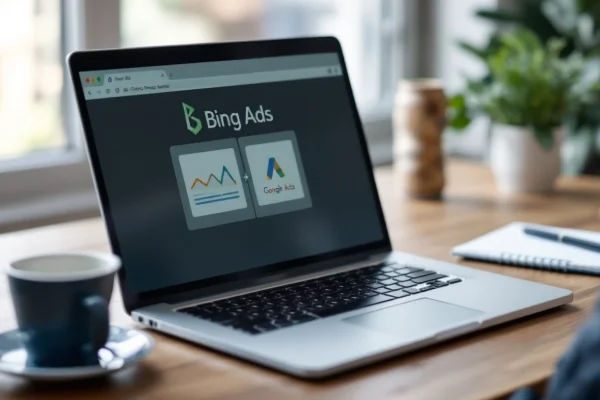What Is RCS Messaging? The Future of Texting Explained

At Drop Cowboy, we’re excited about the future of messaging. RCS (Rich Communication Services) is set to revolutionize how businesses connect with customers.
What is RCS messaging? It’s the next evolution of text messaging, offering enhanced features and capabilities beyond traditional SMS.
In this post, we’ll explore RCS, its benefits for businesses, and how it’s reshaping communication landscapes.
What Is RCS Messaging?
The Next Generation of Text Messaging
RCS messaging represents the future of text communication, poised to replace outdated SMS and MMS systems. RCS (Rich Communication Services) enhances standard text messaging capabilities, aligning it with modern messaging apps.
Features That Surpass Traditional SMS
Traditional SMS limits users to 160 characters of plain text. RCS messaging shatters these constraints. Users can now send high-resolution images (up to 10MB), share videos, and participate in feature-rich group chats. This functionality upgrade puts RCS on par with popular messaging apps like WhatsApp or Facebook Messenger, with the added benefit of integration into your phone’s default messaging app.
Business-Centric Capabilities
RCS messaging unlocks a treasure trove of opportunities for businesses. It enables branded messaging with verified sender information, fostering trust with customers. Companies can now send interactive content directly within the messaging thread, including:
- Product carousels
- Appointment booking interfaces
- Payment options
A 2024 survey revealed that 51.2% of consumers are likely to engage with these interactive mobile messages, underscoring the potential for increased customer engagement.

Real-Time Interaction and Analytics
RCS stands out with its real-time feedback capabilities. Businesses can monitor:
- Message delivery status
- Read receipts
- Customer typing indicators
This immediate interaction facilitates more timely and relevant communication. Furthermore, RCS supports advanced analytics, providing businesses with insights into message performance and customer behavior. These metrics (delivery rates, open rates, click-through rates) enable data-driven decision-making and more effective campaign optimization.
As the messaging landscape evolves, businesses must adapt to stay competitive. RCS messaging offers a powerful tool to enhance customer engagement and streamline communication. The next section will explore the specific advantages RCS brings to businesses, from improved branding opportunities to seamless integration with existing tools.
How Does RCS Boost Business Communication?
Transforming Customer Engagement
RCS messaging revolutionizes how businesses interact with customers. Unlike traditional SMS, RCS enables companies to send rich, interactive content directly to customers’ native messaging apps. This includes high-quality images, videos, and interactive elements like buttons and forms within messages.
A retail company can now send a product catalog with a built-in purchase option, allowing customers to buy items without leaving the messaging app. This seamless experience results in higher conversion rates. RCS campaigns have demonstrated an impressive 80% conversion rate, highlighting its strong sales potential.
Enhancing Brand Trust and Recognition
RCS allows businesses to create verified sender profiles, complete with logos and brand colors. This verification helps customers instantly recognize legitimate business communications, reducing spam and phishing risks.
The impact of this trust-building feature is significant. A recent study found that 71% of consumers will stop buying from brands they perceive as less trustworthy. Verified RCS profiles help businesses establish credibility and foster long-term customer relationships.
Enabling Data-Driven Decisions
RCS provides robust analytics and tracking capabilities. Companies can monitor message delivery rates, read receipts, and even see when customers type responses. This real-time data allows for quick adjustments to messaging strategies and more personalized customer interactions.
Furthermore, RCS enables businesses to track click-through rates and conversion metrics directly within the messaging platform. Companies using RCS report a 200% increase in click rates compared to traditional channels, demonstrating the power of this enhanced tracking capability.

Integrating with Existing Tools
One of RCS’s most practical advantages is its ability to integrate with other business tools. RCS can link with CRM systems, allowing for personalized messaging based on customer data and purchase history. This integration enables businesses to create highly targeted campaigns that resonate with individual customers.
RCS can also connect to appointment scheduling systems, inventory management tools, and AI-powered chatbots. This versatility makes RCS a central hub for various business operations, streamlining workflows and improving overall efficiency.
As RCS continues to evolve, it presents exciting opportunities for businesses to enhance their communication strategies. The next section will explore the current state of RCS implementation and adoption, shedding light on its potential future impact on business communication.
RCS Adoption: Challenges and Opportunities
Current State of RCS Implementation
RCS (Rich Communication Services) messaging has gained significant traction, with over 1.5 billion monthly active users globally as of 2025. Major players like Google, Android, and Apple drive this growth, pushing RCS towards becoming the new standard for mobile messaging.
Support from Carriers and Tech Giants
Major U.S. carriers (Verizon, AT&T, and T-Mobile) have embraced RCS, recognizing its potential to revolutionize messaging. T-Mobile leads the charge, equipping nearly all its Android phones with RCS Universal Profile 1.0 by default. This widespread carrier support plays a key role in RCS adoption.

Tech giants also contribute significantly to RCS implementation. Google integrates RCS into its Messages app for Android, while Apple’s recent announcement of RCS support for iPhones (with iOS 18) marks a pivotal moment. This move could potentially add over one billion additional RCS users by summer 2025.
Obstacles to Widespread Adoption
Despite growing support, RCS faces several challenges:
- Fragmentation: Different carriers and regions offer varied implementations and features, leading to inconsistent user experiences.
- Device Compatibility: While newer smartphones typically support RCS, older devices may lack this capability, creating a fragmented messaging landscape.
- User Awareness: Many smartphone users remain unaware of RCS capabilities or how to enable them on their devices.
Future Outlook for RCS
The future of RCS appears promising. With both Google and Apple now supporting RCS, we expect to see broader adoption and feature parity with popular messaging services in the coming years. This convergence signals a shift towards a more unified messaging standard.
Implications for Businesses
Companies should prepare for RCS integration to stay competitive. This preparation includes:
- Researching industry-specific use cases
- Testing small group messaging strategies
- Refining approaches based on customer feedback
As RCS evolves, it will likely become a substantial component of future texting (bridging the gap between traditional SMS and feature-rich third-party apps). Businesses that adopt this technology early will enhance customer engagement and streamline their communication strategies in the years ahead.
Final Thoughts
RCS messaging transforms business communication with its rich media capabilities and interactive features. Companies that adopt RCS early will gain a competitive edge through increased engagement rates and improved customer satisfaction. RCS empowers businesses to create more personalized, interactive, and measurable customer interactions, surpassing traditional SMS limitations.
To prepare for RCS integration, businesses must understand what RCS messaging is and how it differs from SMS. Companies should assess their current communication strategies and identify areas where RCS can add value. Developing an implementation plan, including staff training and system updates, will ensure a smooth transition to this powerful technology.
At Drop Cowboy, we help businesses leverage the latest communication technologies, including RCS messaging. Our platform offers tools to enhance marketing efforts, from ringless voicemail to SMS integration. As RCS evolves, we will remain at the forefront, enabling our clients to take full advantage of this transformative communication channel.
blog-dropcowboy-com
Related posts

May 8, 2025
Marketing Automation for Real Estate: Boost Sales
Boost real estate sales by exploring top marketing automation techniques. Discover the best marketing automation certification for growth.
![The Ultimate Guide to SMS Automation for B2B Companies [2025]](/blog/wp-content/uploads/emplibot/sms-automation-hero-1755187648-600x400.webp)
August 19, 2025
The Ultimate Guide to SMS Automation for B2B Companies [2025]
Boost B2B success with SMS automation strategies. Explore features, benefits, and top tools to streamline operations and enhance communication in 2025.

April 14, 2025
Optimize Your Shopify Cart Abandonment Email Campaign
Boost your Shopify cart abandonment email campaign with effective strategies to recover lost sales and increase your revenue effortlessly.

May 27, 2025
Bing Ads vs Google Ads: Which Is Better for Your Business?
Compare Bing Ads vs Google Ads to find the best fit for your business, offering insights, pros, and cons for smarter marketing decisions.

March 13, 2025
How to Master Marketing Automation Best Practices
Optimize your strategy with marketing automation best practices. Boost efficiency, engage customers, and increase conversion rates effectively.

April 17, 2025
Which SEO Apps Work Best for Shopify Stores?
Discover the best SEO apps for Shopify stores and boost your store’s visibility with top tools and strategies. Optimize your online presence now.